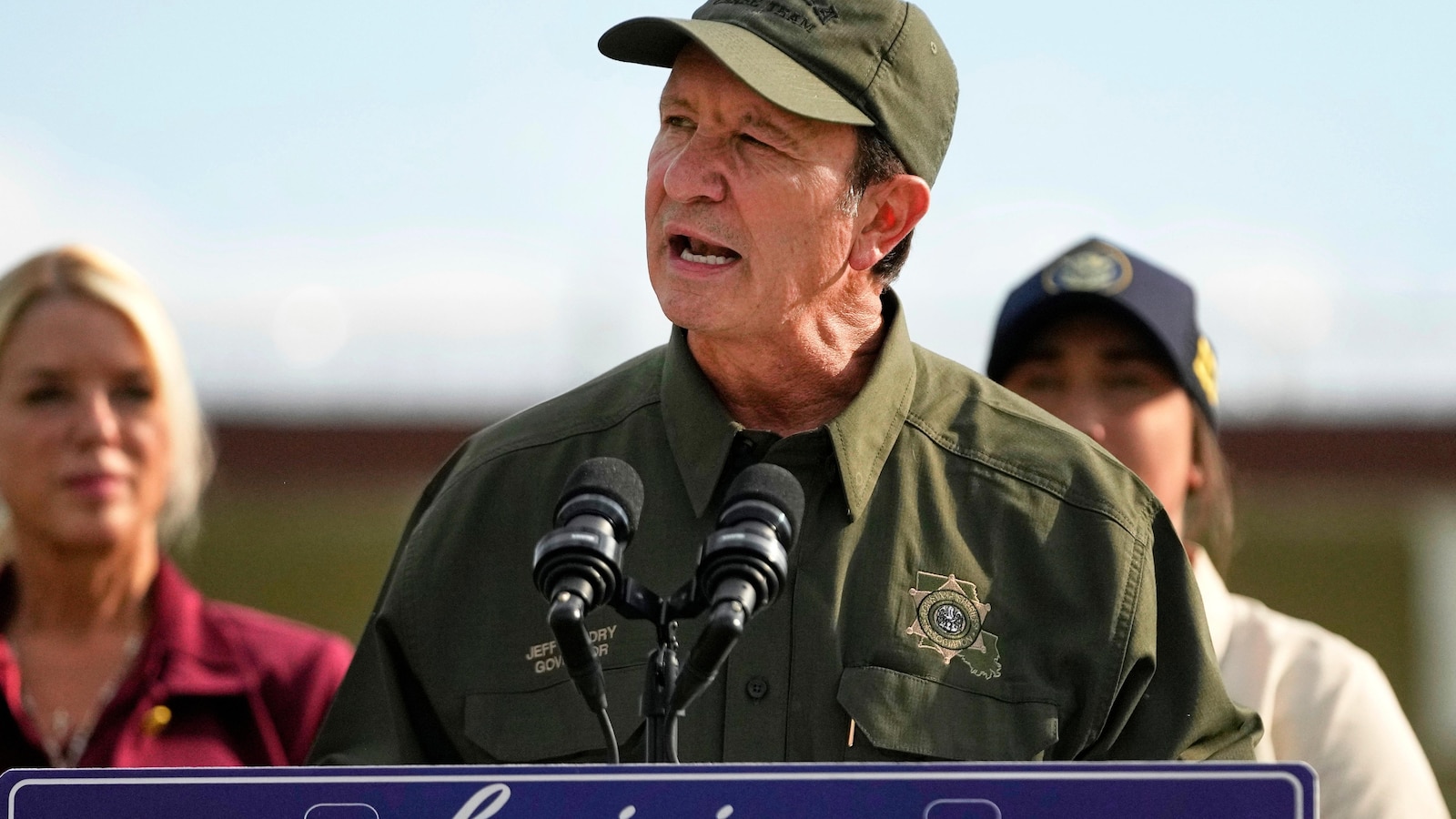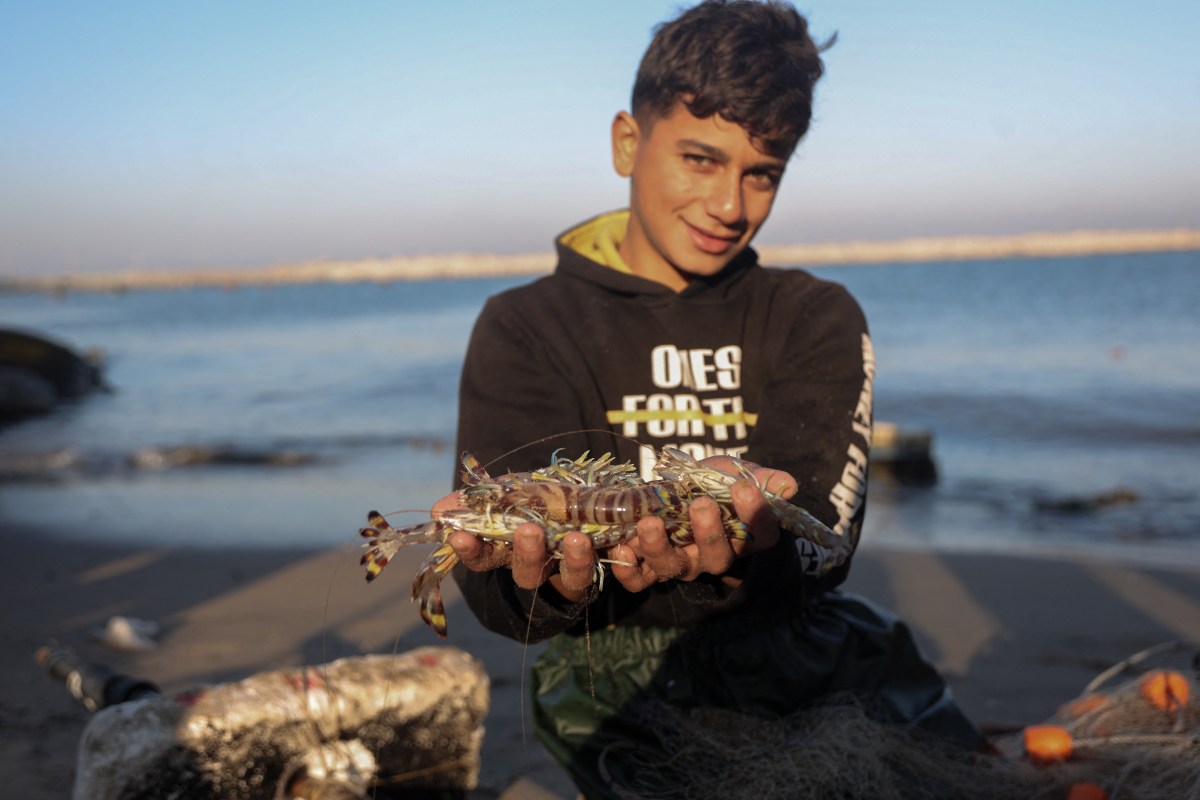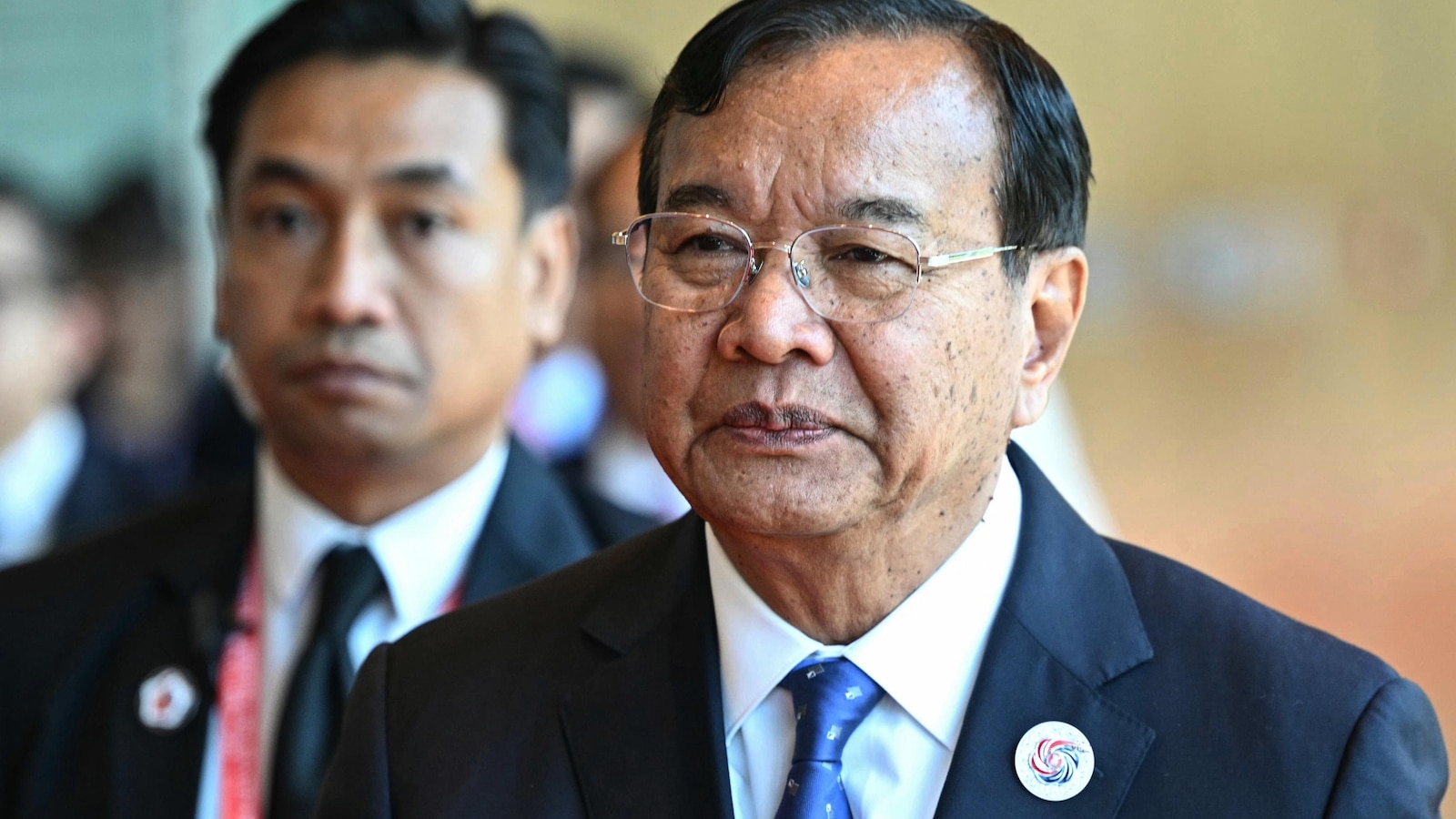- Daily News 22 / 12 / 2025 European Commission
- EU leaders will loan 90 billion euros to Ukraine, but fail to agree to use frozen Russian assets Reuters
- Russia seeks $230bn in damages from Euroclear over seized assets The Guardian
- European Council,…
Category: 2. World
-

Daily News 22 / 12 / 2025 – European Commission
-

You cannot annex other countries, Danish and Greenlandic leaders tell Trump | Greenland
The prime ministers of Denmark and Greenland have demanded respect for their borders after Donald Trump appointed a special envoy to the largely self-governing Danish territory, which he has said repeatedly should be under US control.
“We have…
Continue Reading
-

Trump announces he’s appointing Louisiana Gov. Jeff Landry to serve as US special envoy to Greenland
WEST PALM BEACH, Fla. — WEST PALM BEACH, Fla. (AP) — President Donald Trump on Sunday announced he is appointing Louisiana Gov. Jeff Landry to serve as the U.S. special envoy to Greenland, the vast, semi-autonomous territory of…
Continue Reading
-

Famine Gaza: Aid Struggles Amid Ceasefire
Palestinian fishermen continue to work along the Gaza coastline under extremely difficult conditions, striving to earn a living and combat hunger despite…Continue Reading
-

BBC Verify: Tracking Venezuela-linked tanker ‘pursued’ by US Coast Guard
What do we know about the ship being pursued by the US?published at 10:31 GMT
Joshua Cheetham
BBC Verify journalistImage source, Håkon RimmereidImage caption, The US has not named the vessel it is pursuing but it is reportedly…
Continue Reading
-

Security Alert: Continued Armed Conflict Along the Cambodia–Thailand Border – U.S. Embassy in Cambodia (.gov)
- Security Alert: Continued Armed Conflict Along the Cambodia–Thailand Border U.S. Embassy in Cambodia (.gov)
- Thailand launches air strikes against Cambodia Dawn
- Why Peace Keeps Failing on the Cambodia–Thailand Border The Diplomat –…
Continue Reading
-

Thailand and Cambodia to resume ceasefire talks after deadly border clashes
KUALA LUMPUR, Malaysia — Thailand and Cambodia will resume talks later this week to work toward a more durable ceasefire along their border, Thailand’s foreign minister said Monday, stressing that progress depends on detailed bilateral…
Continue Reading
-
Mubadala Partners with Actis to Invest in Rezolv Energy to Accelerate Clean Power Generation in Central & Eastern Europe – Mubadala Investment Company
- Mubadala Partners with Actis to Invest in Rezolv Energy to Accelerate Clean Power Generation in Central & Eastern Europe Mubadala Investment Company
- Mubadala partners with Actis to invest over $350 million in Rezolv Energy Dubai Eye 103.8
- UAE’s…
Continue Reading
-

Former European Affairs official on Russia-Ukraine peace talks in Florida – NPR
- Former European Affairs official on Russia-Ukraine peace talks in Florida NPR
- Kremlin denies US-Ukraine-Russia talks in preparation Dawn
- US and Ukraine call Miami talks productive despite no breakthrough BBC
- Ukrainian and European officials had…
Continue Reading
-

Peace talks to end the war in Ukraine continue in Florida – NPR
- Peace talks to end the war in Ukraine continue in Florida NPR
- US and Ukraine call Miami talks productive despite no breakthrough BBC
- Ukrainian and European officials had ‘productive’ talks on ending war, US envoy says | Trump administration
Continue Reading